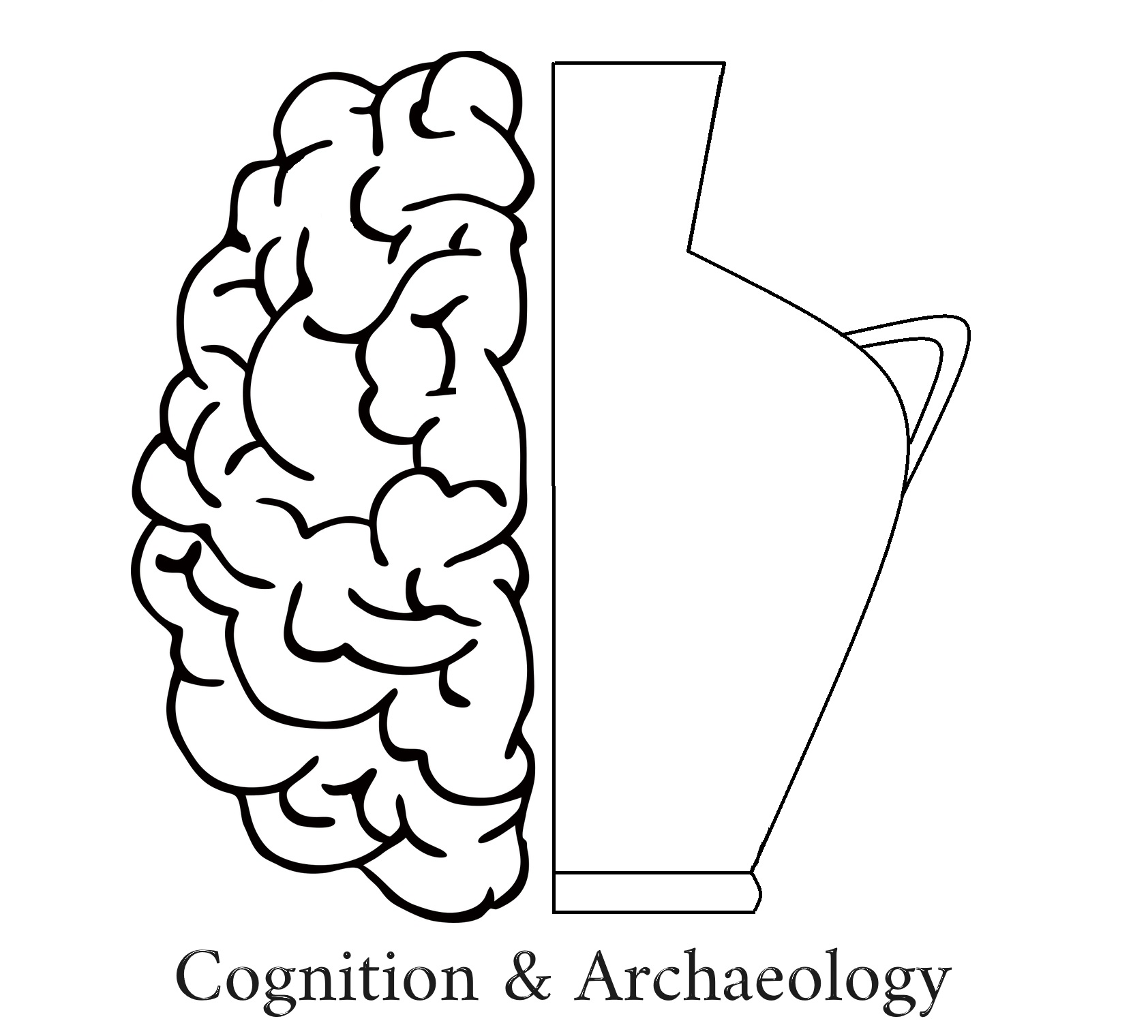-
Principal Investigator: Dr. Tomasz Michalik
Contact: t.michalik@uw.edu.pl

Project term:
April 2021 to December 2025
Funding:
POB IV: The Humanities: Crossing Borders, Extending Capabilities
Archaeo-Oriental studies (Action I.3.10)
-

Psychological aspects of creating and acquiring knowledge about the past
The past is not only the times gone by. It is also a type of knowledge that is produced by specialists and acquired by interested individuals. Human mind plays a key role in creating and acquiring knowledge as it shapes the way we process information. The mental strategies used in this process influence, among other things, how archaeological data are analyzed, interpreted and understood.
In the framework of the project it is planned to conduct studies on understanding the psychological processes involved in the creation and acquisition of knowledge about the past. These studies are aimed to help: (1) improve the work of specialists dealing with the analysis of archaeological data, and (2) recognize the ways of thinking about the past among people from different cultures, which is to improve the accessibility of archaeological heritage.
As part of the study, research tools and methodologies, such as eye tracking, corpus research or behavioral research will be used. The key aspect of the project is its interdisciplinarity, which combines the achievements of cognitive sciences with the methodology of archaeology. Such an approach is to result in the creation of unique knowledge concerning the mental foundations of archaeology and different ways of understanding the past.
Associated events:- Research conducted within the project were placed on the open-air-exhibition presented during the 15th International Conference for Nubian Studies. [LINK]
Lectures and conference presentations:- 2025, Scales of Social, Environmental & Cultural Change in Past Societies, Kilonia; Between Cultural Biases and Archaeological Knowledge: An Eye-Tracking Case Study on the Visual Analysis of Christian Medieval Nubian Wall Paintings”
- 2025, Culture and Cognition in Language 4. Current approaches to discourse analysis, Polańczyk (with M. Fabiszakiem): Cultural Differences in Visual Attention: a Pilot Eye-Tracing Study of Polish and Chinese Museum Visitors
- 2024, 30th European Association of Aracheologists Annual Meeting, Rzym: Eye-tracking in archaeological education: How research on the visual perception of archaeological remains may enhance archaeological teaching
- September 1, 2022: 15th International Conference for Nubian Studies, Michalik, Ryndziewicz: Looking at medieval Soba. The use of the eye-tracking method in understanding the strategies of searching for archaeological objects on archaeological magnetic data
- June 6, 2022: Archeo-Oriental Seminar: Jak zobaczyć przeszłość? Badania nad wzrokowymi strategiami analizy danych archeologicznych [How to see the past? Research on visual strategies for archaeological data analysis]. [VIDEO][LINK]
- September 16, 2021: PCMA Seminar: Patrząc na przeszłość. Wykorzystanie metody eye trackingowej w warsztacie badawczym archeologa [Looking at the past. The use of the eye tracking method in the research workshop of an archaeologist]. [LINK]
Project bibliography:- Michalik, T. (2025). Enhancing Archaeological Teaching Through Eye-Tracking: A Pilot Study on Eye Movement Modelling Examples and Teaching Artefact Analysis. Archaeologies: Journal of the World Archaeological Congress, 21, 17-38. DOI: https://doi.org/10.1007/s11759-024-09510-y
- Michalik, T. (2024). Eye-tracking in archaeological practice: applications, potential and challenges. Polish Archaeology in the Mediterranean, 33, 433-458. DOI: https://doi.org/10.37343/uw.2083-537X.pam33.07
Links
Profil w serwisie GitHub
Profil w serwisie Academia.edu
Eye-Tracking Research at the Bode Museum
